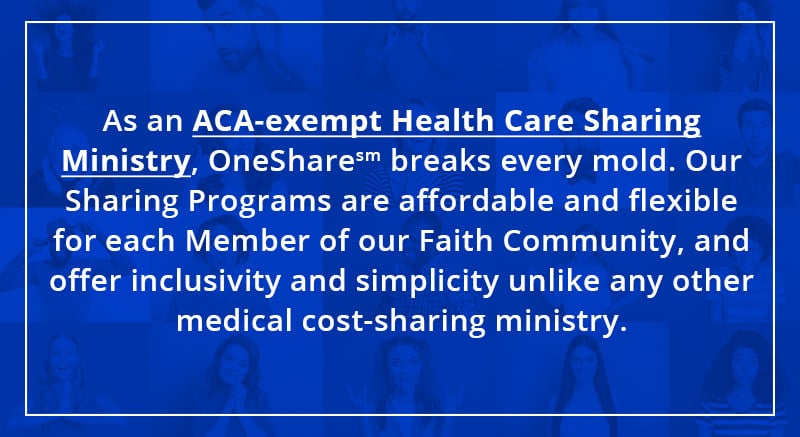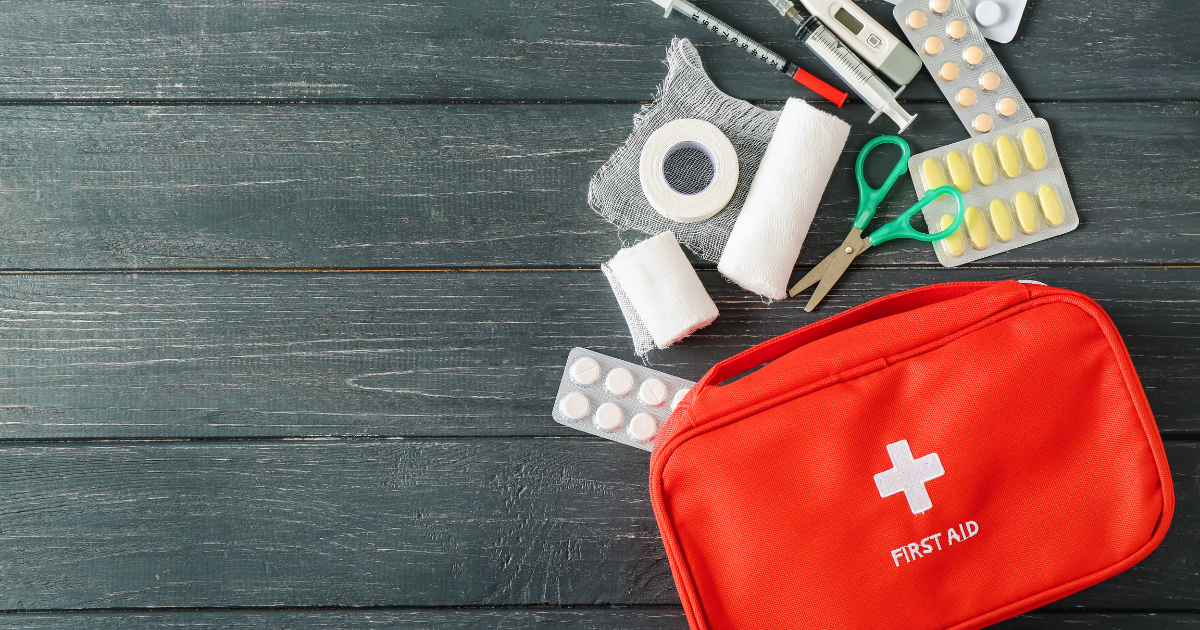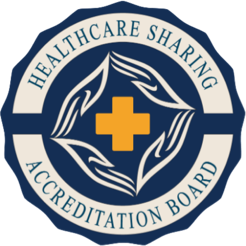Being prepared for emergencies is crucial, and one of the simplest ways to do that is by having a well-stocked first aid kit at home. Whether you’re dealing with a small cut or a more serious injury, having the right supplies on hand can make all the difference.
In this guide, we’ll walk you through why you need a first aid kit, whether to buy a pre-made kit or build your own, what essentials to include, and how to prepare a travel first aid kit for your car.
Why You Need a First Aid Kit
Accidents can happen at any time, and having a first aid kit at home ensures you’re ready to handle minor injuries and emergencies. A first aid kit helps you treat injuries promptly, reducing the risk of infection and complications. It’s a key part of home safety, giving you peace of mind knowing that you have the tools to care for your loved ones in case of an emergency.
Do I Need to Buy a Pre-Made Kit?
While buying a pre-made first aid kit might seem convenient, it’s often cheaper and more effective to build one yourself. Pre-made kits often include items you don’t need and may lack some essentials. By creating your own kit, you can customize it to suit your family’s specific needs, ensuring you have everything necessary for your home and lifestyle. Of course, if you want a faster option without all of the extra work, buying a ready-to-go kit might be your best option.
What Should Be in My First Aid Kit?
Building your own first aid kit is straightforward. Here’s a list of essentials to include:
- Adhesive Bandages (Band-Aids): For covering small cuts and scrapes to keep them clean and protected.
- Gauze Pads and Roll: Essential for larger wounds, helping to stop bleeding and protect the area.
- Antiseptic Wipes and Ointment: To clean wounds and prevent infection.
- Tweezers: Useful for removing splinters, ticks, or small debris from wounds.
- Scissors: Handy for cutting tape, gauze, or clothing in an emergency.
- Medical Tape: Keeps gauze and bandages securely in place.
- Elastic Bandage (ACE Bandage): Provides support for sprains and reduces swelling.
- Thermometer: For checking fevers and monitoring health.
- Pain Relievers: Over-the-counter pain relievers like ibuprofen or acetaminophen for headaches, muscle aches, and fever reduction.
- Hydrocortisone Cream: Soothes itchy skin from bites, rashes, or allergies.
- Instant Cold Pack: Reduces swelling and numbs pain from injuries like sprains or bruises.
- Alcohol Pads: For cleaning tools or skin before applying a bandage.
- First Aid Manual: A basic guide to help you handle common injuries and emergencies.
- Gloves: Protect yourself and others when dealing with blood or bodily fluids.
- Flashlight: Essential for emergencies, especially during power outages.
- Emergency Contact Information: Keep a list of important phone numbers, including your doctor, local hospital, and poison control.
A Travel First Aid Kit for Your Car
In addition to your home kit, it’s a good idea to have a travel first aid kit in your car. This kit should include many of the same essentials but in smaller quantities. Consider adding items like:
- Extra Bandages and Gauze: For on-the-go wound care.
- Compact Scissors and Tweezers: Small versions that fit easily in your kit.
- Antiseptic Wipes and Hand Sanitizer: For quick cleaning of hands and wounds.
- Small Elastic Bandage: For sprains or joint support while traveling.
- Travel-Sized Pain Relievers: For headaches or minor aches during your trip.
- Emergency Blanket: Useful in case of shock or to keep warm if stranded.
A travel first aid kit ensures you’re prepared for emergencies when you’re away from home, whether on a road trip or just running errands.
Building an at-home first aid kit and a travel kit for your car is a simple yet essential step in keeping your family safe. By having these items on hand and knowing how to use them, you’re better prepared to handle life’s little accidents. Take a few minutes to assemble your kits today, and rest easy knowing you’re ready for whatever comes your way.





.png)





